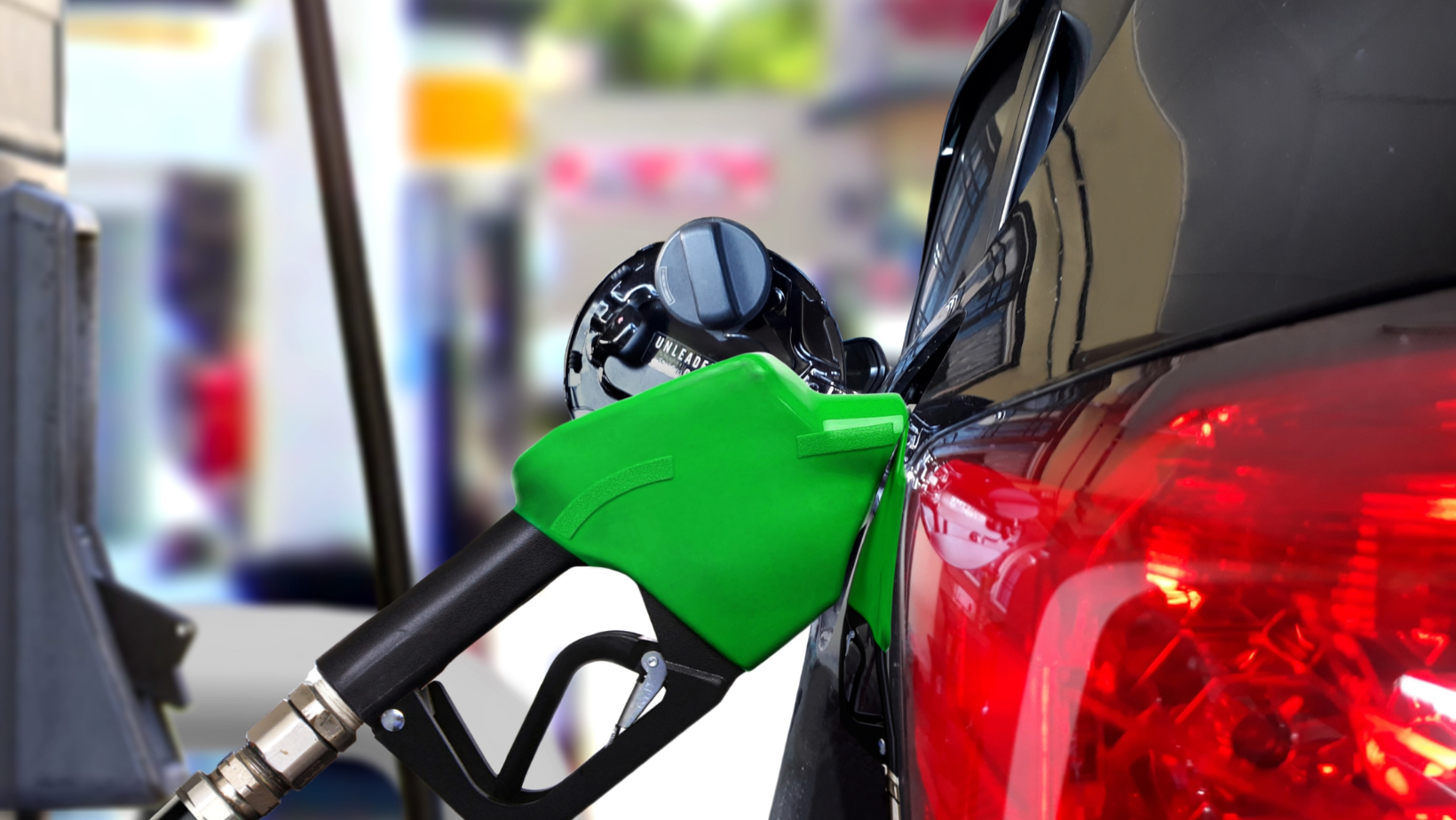Help support Cork Safety Alerts by becoming a member – Click Here
Today, the Minister for Transport, Eamon Ryan TD, announced the move to ‘E10’ as the standard grade of petrol in Ireland, which will help reduce the harmful emissions produced by petrol cars.
E10 petrol is a motor fuel that contains more bioethanol than the current petrol supply in Ireland. By increasing the percentage of bioethanol, less fossil carbon will be used compared to petrol. Ethanol is already in current petrol supply, and E10 will mean that no vehicle changes are needed to get immediate results for the environment.
The draft regulations for the move to E10 are to be published on the Department’s website next week, as part of a statutory consultation for 28-days, before the regulations can be made by 1st April. There will be a public information campaign to ensure that people are aware of the change that will keep Ireland’s petrol standard in step with many other European countries.
Since 2009, E10 petrol as standard has been rolled out across 15 European countries as well as other countries around the world such as the US and Australia. This measure will also align the current petrol supply used in Ireland to that of Great Britain and Northern Ireland.
The Renewable Fuels for Transport Policy Statement 2021 signalled the incentivisation of E10 petrol supply by 2023, which will be mandated shortly in new regulations by the Minister. The move to E10 is one of several transport measures to achieve a 51% reduction in transport emissions by 2030 as outlined in the Climate Action Plan 2023.
Minister for Transport Eamon Ryan said:
While there has seen a big uptake in EVs, we need to continue with measures that can have an immediate impact on emission from vehicles that are already on Irish roads. Measures such as moving to E10 petrol mean that we can reduce our emissions from transport further, move us closer to reaching our Climate targets. It also means that we are in step with Northern Ireland, the UK and many other European countries who have already moved in this direction.
Ireland’s car fleet is predominantly diesel (c. 63% at end 2022) and of the approximately 1million petrol vehicles, there is a very low level of vehicles (c. 2.4%) where owners may be concerned about potential impacts. All vehicles can operate on an E10 petrol blend.
Some older vehicles pre-2011 (predominantly pre-2003/pre EURO V standard), were not manufactured with certification for E10 use, but it does not mean they cannot use E10. In countries where E10 and higher ethanol blends are used widely there is no evidence of issues. All vehicle owners and operators are required to maintain their vehicles to operating and roadworthy standards.
Information concerning individual vehicle types can be obtained in operating manuals, information on vehicle’s manufacturer websites, or inside the fuel cap (on newer vehicles). https://www.gov.ie/E10 is a comprehensive source of information. The manufacturers association provides a regularly updated list of vehicles on their website (www.acea.auto) and the UK.gov car compatibility checker tool at www.gov.uk/check-vehicle-e10-petrol may also be useful as a reference.
Notes
The Renewable Fuels for Transport Policy Statement 2021 signalled the incentivisation of E10 petrol supply by 2023, which will be mandated this year in new regulations by the Minister specifying a minimum percentage ethanol in standards petrol, above the E5, or 5% Ethanol, currently supplied in petrol stations.
The move to E10 is one of several transport measures to achieve a 51% reduction in transport emissions by 2030 – a projected 1.08 MtCO2eq abatement in greenhouse gas emissions through increasing biofuel blending to E10 (10% Ethanol) and B20 (20% Biodiesel equivalent) set out in Climate Action Plan 2023, with an interim target of E10/B20 by 2025.
In 2022, approximately 307m litres (9.6 PJ) of renewable fuel was placed on the market.
Approximately one-third of fossil fuelled cars in Ireland are petrol. All vehicles can operate on an E10 petrol blend, and it is safe to do so, but in some older vehicles pre-2011 (predominantly pre-2003) sustained use may result in more frequent maintenance, for example of engine seals and hoses. To a lesser extent this may also include vehicles and equipment used by farmer, gardeners, older mopeds, etc.

